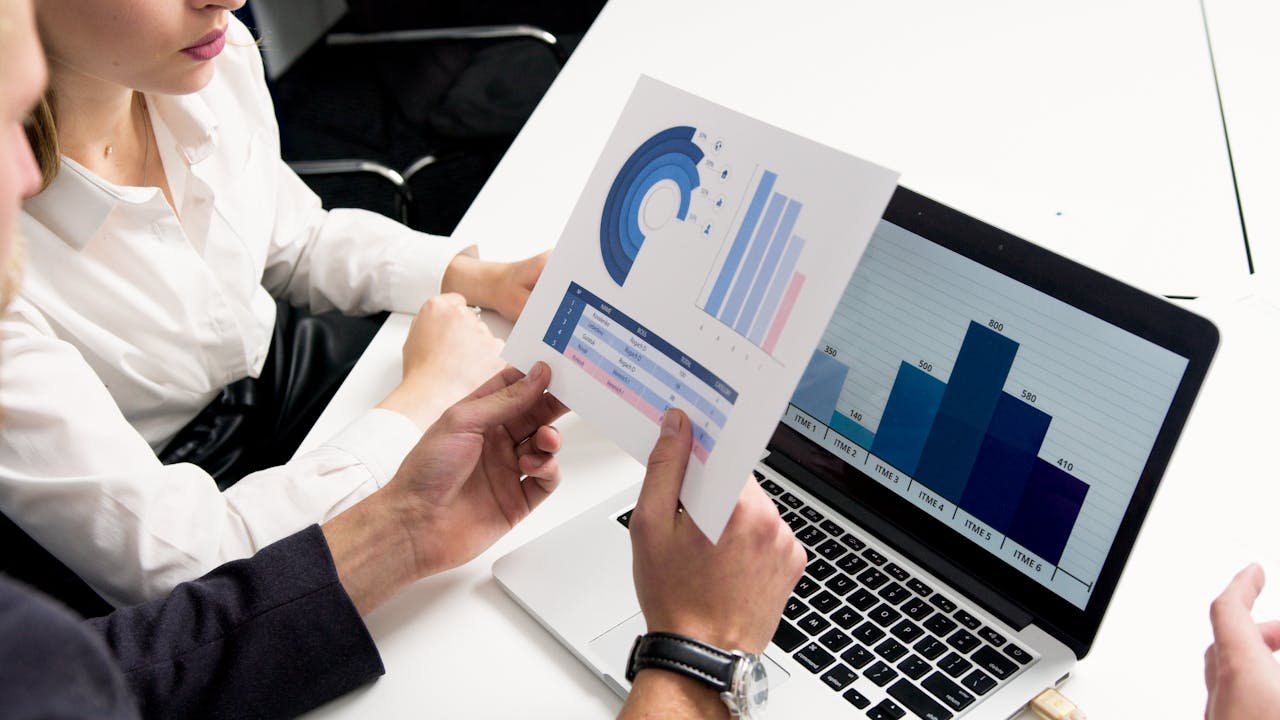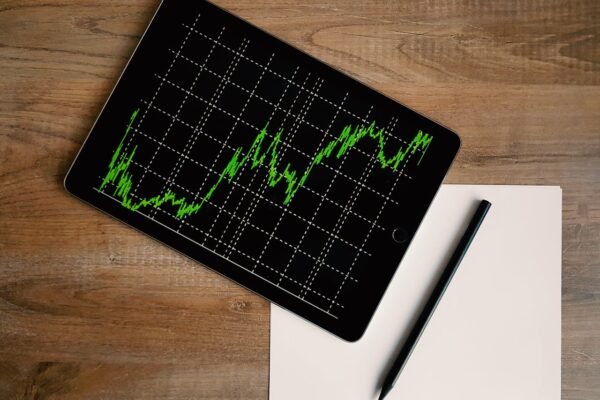Have you ever wondered why it seems so easy to spend more than you planned when using a bank card or loan? Banks actually make money from those moments when our self-control slips. They profit because people often borrow or spend impulsively, paying interest and fees that add up over time.
From credit cards to personal loans, many bank products are designed to encourage quick decisions. This means that when I or you can’t resist buying something right now, banks are ready to earn from that choice. Understanding this can help us see how our own habits affect our money and how banks benefit from it.
It’s not just about what we buy but also how fast we expect payment and how banks market their offers. These strategies take advantage of our desire for instant rewards, making it hard to stick to a budget or plan long term.
Key Takeaways
- Banks earn more when people spend or borrow without thinking ahead.
- Many financial products encourage quick, impulsive choices.
- Instant rewards and smart marketing make it harder to manage money wisely.
Understanding Self-Control Failures
I’ve noticed that self-control failures happen when I or others struggle to stick to good money habits. These moments often come from specific triggers and habits, all backed by how our brain works. Knowing this helps me see why banks can benefit when I slip up.
What Are Self-Control Failures?
Self-control failures happen when I want to save money but end up spending it instead. It’s like knowing I shouldn’t buy something but doing it anyway. This can happen with small things, like snacks or impulse buys, or bigger items I didn’t plan for.
Basically, my short-term desires win over long-term goals. That might mean missing a chance to save for a holiday or paying extra fees because I forget to pay my card on time. These failures feel frustrating but they’re very common.
Common Triggers in Personal Finance
Several triggers make me lose self-control around money. One is seeing a sale or discount. Even if I don’t need the item, the feeling of missing out pushes me to buy. Social pressure, like friends showing off new gadgets, also makes me want to spend.
Stress and emotions play a big part too. If I’m upset or bored, shopping feels like a quick fix. Then there’s easy access to credit cards or “buy now, pay later” deals. These make spending feel less real because the payment is delayed, but debt piles up fast.
Behavioural Psychology Behind Impulsive Spending
Our brains are wired to seek rewards. When I buy something, I get a quick hit of happiness from dopamine, a feel-good chemical. That reward makes me want to repeat the behaviour. But later, the cost or debt sticks around.
I also fall for something called “present bias.” That means I care more about what feels good now, rather than what helps me in the future. It explains why I struggle to save money even if I know it’s better long term.
Banks understand all this. They know I’ll sometimes give in to spending urges, and they make money when I use overdrafts, pay interest, or miss payments because of those urges.
How Banks Capitalise on Your Financial Impulses
Banks make money when we don’t manage money perfectly. They set up fees that catch us when we miss payments, spend too much, or just keep accounts open without using them carefully.
Overdraft Fees
I’ve noticed how easy it is to accidentally spend more than what’s in my account. Banks charge overdraft fees when my spending goes past zero. These fees can be around £10 to £35 each time.
If I don’t keep a close eye on my balance, these fees can add up quickly. What’s worse is some banks charge extra daily fees while I’m overdrawn. That turns one small mistake into a much bigger cost.
Banks offer overdraft protection, but it usually comes with fees or high interest rates. It feels like they trap people who aren’t paying close attention to their day-to-day spending.
Late Payment Charges
Missing credit card or loan payments is another way banks make extra money. If I forget or delay even by a day, I get hit with late payment charges often up to £12 or more per missed payment.
This charge stays on top of any interest I already owe. Sometimes, it causes my interest rates to go up, which means I pay even more over time.
These late fees discourage me from forgetting payments, but they also reward banks when I slip up. So, banks profit directly from my “little” mistakes in timing.
Account Maintenance Fees
Some bank accounts ask for regular fees just for having the account open. For example, I’ve seen monthly charges ranging from £3 to £10 depending on the type of account.
Even if I don’t use services or withdraw money, these fees reduce my balance slowly but steadily. Accounts with perks or better interest rates often come with higher fees.
These charges make me think twice about opening accounts I don’t really need. Banks rely on many people paying these fees without closing accounts, making a steady income stream.
Conclusion: Break the Cycle and Take Back Control
Banks aren’t evil—they’re just businesses that profit from predictable human behavior. Your lack of self-control isn’t a personal failure; it’s a system designed to exploit impulse. But now that you see the traps (overdrafts, late fees, sneaky charges), you can fight back.
Here’s how:
Turn off overdraft “protection” – It’s a fee trap, not a safety net.
Automate payments – No more late fees or excuses.
Use cash for daily spending – Physical money hurts to spend, unlike plastic.
Audit your accounts – Ditch fee-heavy accounts bleeding you dry.
The goal isn’t perfection—it’s awareness. Every time you sidestep a bank’s profit trick, you keep more money in your pocket. Stop feeding the machine.




